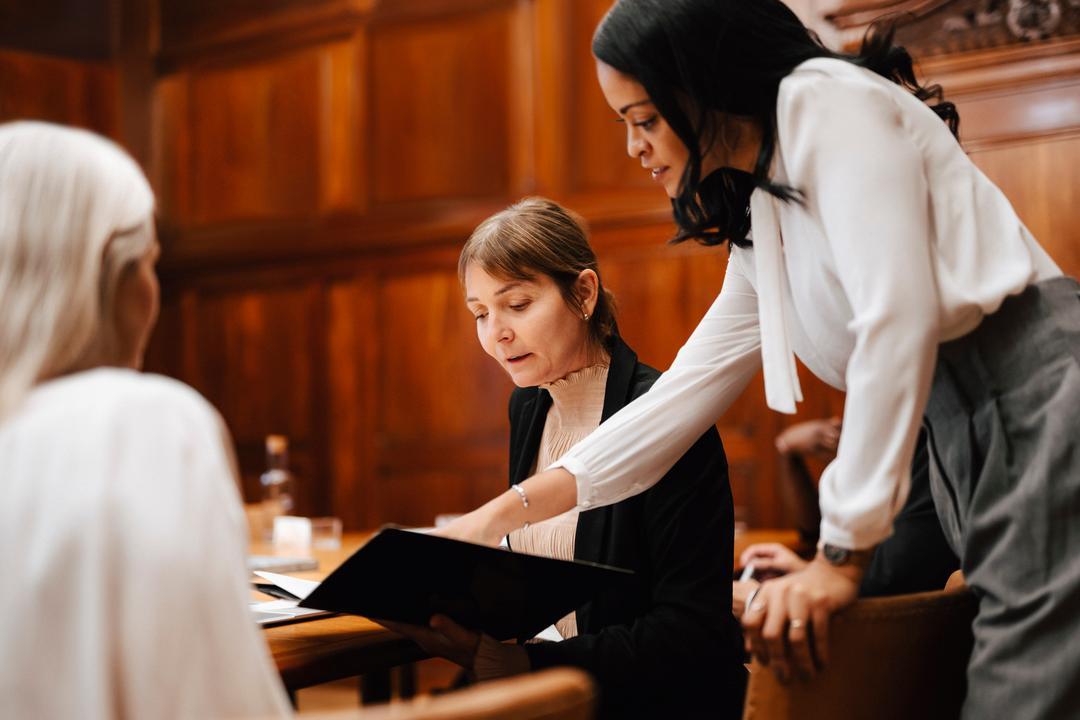Corporate Sustainability Reporting Directive (CSRD): Key requirements and deadlines

CSRD stands for the Corporate Sustainability Reporting Directive, which is a framework for how companies in the EU must report on their environmental impact. The European Commission enacted CSRD in November 2022 to enhance the existing Non-Financial Reporting Directive (NFRD).
More companies will have to comply with the new CSRD guidelines, which set a standard for detailed ESG reporting. To help your organization adopt the new framework, this article will explain:
- What CSRD is
- Why it was adopted
- Key CSRD requirements
- How CSRD differs from NFRD
What is the Corporate Sustainability Reporting Directive?
The Corporate Sustainability Reporting Directive is a framework that establishes sustainability reporting requirements in the EU. While the European Commission announced CSRD in April 2021, it took effect at the end of 2022, signaling a new chapter in environmental, social, and governance (ESG) for companies across the EU.
CSRD includes two important changes from the previous NFRD framework:
- More EU companies must comply: As many as 49,000 EU companies will have to follow CSRD, compared to the roughly 11,000 companies that followed NFRD.
- More in-depth requirements: CSRD still covers ESG issues, but it requires more thorough reporting with specific KPIs.
Is the CSRD mandatory?
Yes, CSRD is mandatory. The framework requires companies to disclose their greenhouse gas (GHG) emissions, among other environmental impacts.
Who has to comply with CSRD?
Large companies that meet two of the following three criteria have to comply with CSRD:
- More than 250 employees and/or
- More than €40 million turnover and/or
- More than €20M in total assets
This applies to all publicly-traded and non-listed companies. Small to medium companies don’t have to comply yet. That said, they may still benefit from preparing for CSRD because they will have to comply starting in 2026.
CSRD timeline
Companies have a couple of years before they’ll submit their first CSRD reports. That said, the reports will be comprehensive, so it’s essential to know the timeline and prepare accordingly.
The Corporate Sustainability Reporting Directive timeline is:
- January 2024: Companies should have a process in place for collecting required CSRD data. Those currently subject to NFRD will submit reports on 2024 data in 2025.
- January 2025: Large companies that are not already subject to NFRD will submit their first reports in 2026, which will cover 2025 data.
- January 2026: Listed small to medium-sized companies and credit unions will be subject to CSRD starting in 2026. They’ll submit reports on 2026 data in 2027.

Why did the EU adopt CSRD?
Sustainability reporting isn’t new, and it does have a far-reaching impact on business. But even with NFRD, many companies weren’t compiling ESG reports that satisfied regulators or shareholders.
89% of investors consider ESG issues as they evaluate new and existing investments — a shift that increases the need for thorough ESG reporting. The EU also noticed that many companies left out important information, and the lack of consistency across companies made it difficult to make comparisons.
The EU adopted CSRD to solve both of these challenges: to create greater transparency for investors and to hold companies more accountable through clear and credible reporting.
Key CSRD reporting requirements
The CSRD reporting requirements are more detailed and specific than NFRD. It dictates the format reports should take, as well as the measures companies must use and the topics they must cover.
To be compliant, CSRD requires that companies:
- Include the CSRD report in their Management Report
- Follow reporting principles
- Use a designated format and timing
- Complete an independent evaluation (starting in 2024)
Within the above reports, CSRD requires that companies disclose their ESG activities using the following measures:
- Business model, strategy and policies
- KPIs for existing ESG efforts
- Targets for future ESG efforts
- Sustainability governance
- Materiality assessment and due diligence
- ESG risk management
Finally, companies covered by CSRD must report on the following areas:
- Environmental
- Social
- Governance
- Standards according to the company’s sector
CSRD vs. NFRD requirements
CSRD has some of the same reporting requirements as NFRD. Under NFRD, companies still had to report on how their activities impact environmental protection, social responsibility, human rights, anti-corruption, bribery and diversity. But, in many ways, NFRD was less rigorous than CSRD, which is why the reporting lacked consistency across companies.
| Non-Financial Reporting Directive | Corporate Sustainability Reporting Directive | |
|---|---|---|
| Date of applicability | Effective as of 2018 | January 2024: Companies subject to NFRD will report on 2024 data in 2025 |
| ″ ″ | ″ ″ | January 2025: Large companies not already subject to NFRD will report on 2025 data in 2026 |
| ″ ″ | ″ ″ | January 2026: Small companies not covered by NFRD or CSRD will report on 2026 data in 2027 |
| Covered companies | Large, listed companies, banks or insurance companies with more than 500 employees | Large, listed or non-listed companies with more than 250 employees, and/or €40 million turnover and/or €20 million total assets |
| Scope | Covers specific topic areas (environmental protection, social responsibility, employee treatment, human rights, anti-bribery and corruption and Diversity of the board of directors) | Covers format requirements: in the annual report, has specific reporting principles and has specific format and timing |
| ″ ″ | ″ ″ | Covers measurement requirements: KPI's, targets, due diligence and risk management |
| ″ ″ | ″ ″ | Covers topic areas: environmental, social, governance, standards per sector |
| External assurance | No, third-party assurance isn’t mandatory in most countries | Yes, limited third-party assurance is mandatory and requires: an external audit partner, auditor’s report and EU taxonomy information |
| Format | Online or PDF and included in the annual report | Submitted electronically in the management report |
Preparing for CSRD
Most companies won’t meet the new CSRD requirements overnight. Though companies may have a year or even several years to prepare depending on their size, starting now is the best way to assure your board and your shareholders that you take the new guidelines seriously.
As you start to gather your ESG data, consider:
- Impact and financial materiality: CSRD has what’s called a double materiality requirement, which means you’ll have to cover both your impact on people and the environment and the effect that has on your finances. This will make CSRD reports much more time and labor-intensive than previous EU sustainability reporting requirements.
- Progress toward targets: If you don’t already have ESG targets, consider creating them. Your CSRD reports will need to include not just targets for sustainability, but also the progress you’ve made and your plans moving forward.
- Value chain: CSRD wants to hear about more than your direct activities. Consider how you can pull in data from your entire value chain. Include information that both reviews existing operations and forecasts for the future. This may also overlap with your CSDD reporting.
- External assurance: Your reports will have to be verified by a third party. The assurance the current CSRD guideline requires is limited, but this could become more extensive with time.
- Management report: As of 2024, your CSRD reports will appear in your Management Report rather than your Annual Report. Prepare to reshape and reformat your Management Report to meet all of the CRSD requirements.
Enhance your ESG to get ahead of CSRD
Many companies have until 2024 to align their sustainability reporting with the new Corporate Sustainability Reporting Directive. But there are big benefits to achieving early compliance.
Companies that do will get a more complete picture of how sustainability interacts with both their operations and finances. This gives shareholders reassurance, but it also gives your board the information they need to make better decisions about the future of your organization.
Use our comprehensive CSRD checklist to prepare for the 2024 reporting cycle now, including exclusive tips for ensuring compliance.